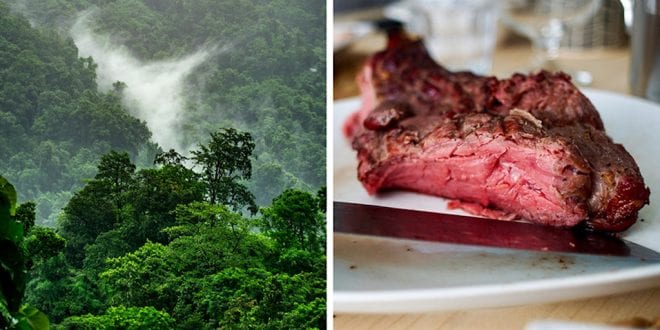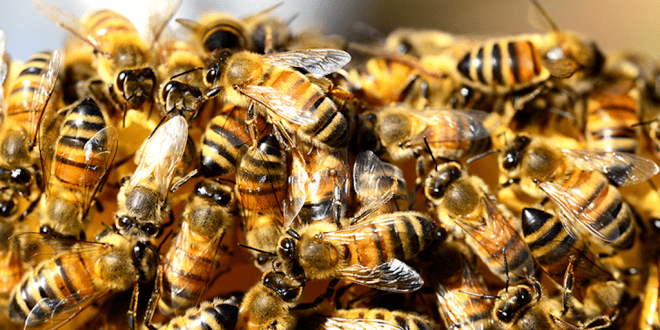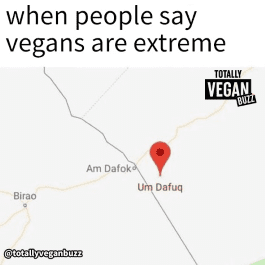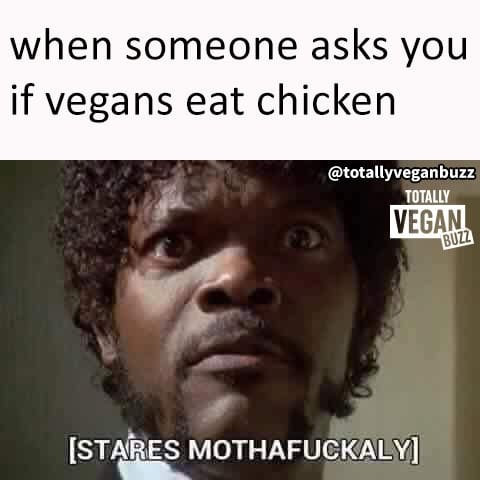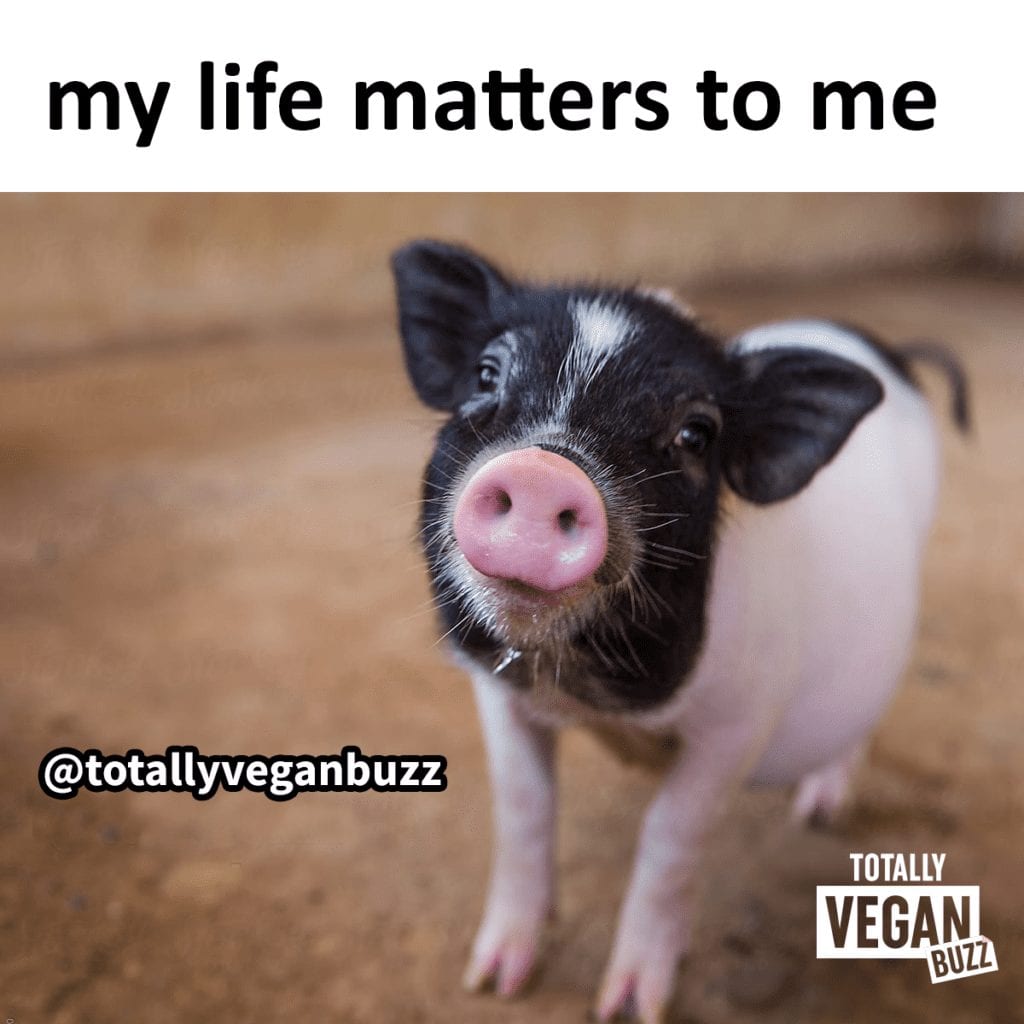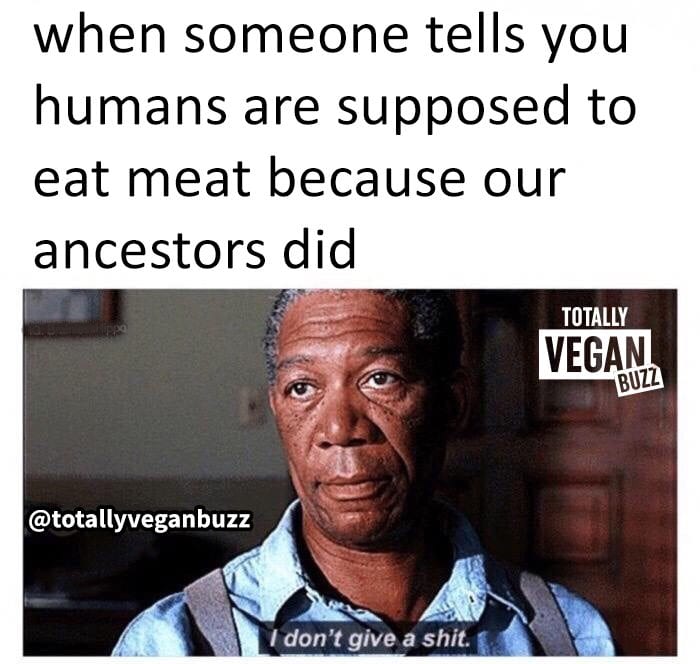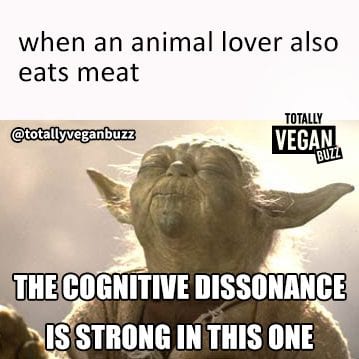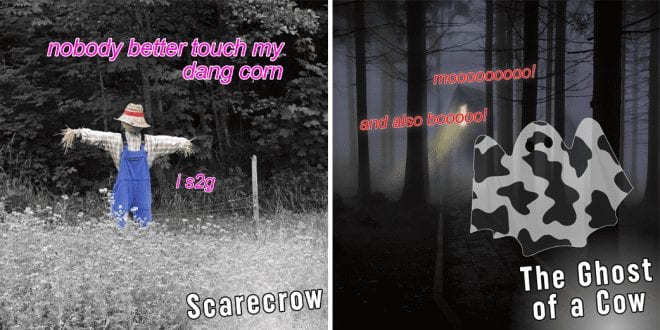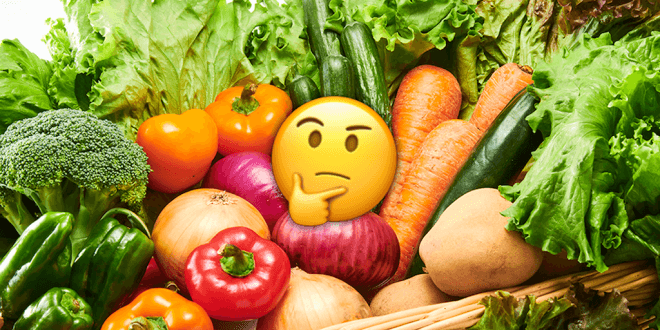
Cambridge University has seen a drastic reduction in its environmental impact since it banned beef three years ago.
The University’s Catering Service replaced meat with plant-based products for its 14 college outlets and 1,500 annual events from October 2016.
This switch has led to a 33 percent reduction in carbon emissions per kilogram of food purchased and a 28 percent reduction in land use per kilogram of food purchased, according to the report conducted by the University’s in-house catering service.
The move was initiated as part of the Our Sustainable Food Journey policy, in which the University not only stopped serving beef and lamb but also removed ‘unsustainable’ fish and stopped selling single-use plastic bottles.
Nick White, Head of the University Catering Service said: “Sustainability is extremely important to our students and staff and we wanted to ensure that we were not only responding to their needs, but pushing what was considered possible in a catering environment.
“This has involved making sacrifices but is has been absolutely the right thing to do. It’s about making the right choice easy.”.
The catering department has since recorded a 2 % rise in profit with its meat-free strategy.
Andrew Balmford, Cambridge University Professor of Conservation Science, said: “The University’s catering managers have, in a very short time, dramatically reduced the environmental footprint of their operation by removing ruminant meat from its menus, lowering food waste and eliminating unsustainably harvested fish– while simultaneously increasing sales and profit.
“It is hard to imagine any other interventions that could yield such dramatic benefits in so short a span of time.”
Vegan Switch
To make the vegan transition appeal to the university’s students, chefs were enrolled in vegan cookery classes.
Apart from increasing vegan and vegetarian options in the canteen, the items were placed strategically to promote sale over their remaining meat (pork and chicken) counterparts.
Catering manager Paula White said the service didn’t follow the restaurant trend of simply labeling the food as vegetarian or vegan.
“If you go to most restaurants, they’ll put a ‘V’ for vegetarian or label something as vegan. We didn’t do that, we just put what’s in it,” she said.
“You use your eyes, your nose. If you look at something and think ‘Wow that looks good’, you’re not first of all thinking ‘Is there beef in that?”
What else could universities do to improve their environmental impact? Share your thoughts in the comments section below!
About The Author
Lifestyle
Vegan culture, food, beauty & more
Is Tobey Maguire vegan? Here’s what we know
- Mohsina Dodhiya
- 17th August 2023
Tobey Maguire often speaks about veganism and animal issues. Tobey Maguire, the actor best known for playing Spider-Man in the Sam Raimi trilogy, is a vegan. He has been a vegetarian since 1992 and became a vegan in 2009. A lifelong commitment to animal rights Maguire’s decision to go vegan was motivated by his love …
Continue reading “Is Tobey Maguire vegan? Here’s what we know”
Plant-based food jobs surge with 32% growth in just 3 months
- Mohsina Dodhiya
- 17th August 2023
The number of open jobs advertised in the plant-based industry increased by almost a third from April to July 2023, GlobalData reported. The plant-based food industry is booming, and this is reflected in the number of job openings in the sector. According to data from GlobalData, the number of open jobs advertised in the plant-based …
Continue reading “Plant-based food jobs surge with 32% growth in just 3 months”
VEGAN MEMES
NEED A LAUGH?
QUIZZES
All the quizzes you love to binge!
QUIZ: If you score 11/12 on this quiz, you’re a verified vegan food expert
- Marlon Farrugia
- 10th January 2020
How much vegan knowledge do you have stored away? Do you have to Google your way through a shopping trip, or do you have all the bad E-numbers memorised? Find out now with this quiz.
QUIZ: What is your perfect Vegan Halloween Costume?
- Marlon Farrugia
- 13th October 2019
Spook Season approaches. There will be ghosts, goblins, ghouls, and glucose. You need a costume, and you want to it to show off your personality, which means VEGAN. But what to choose? Take our quiz to find out your perfect outfit.
QUIZ: What kind of vegetable are you?
- Marlon Farrugia
- 26th September 2019
“If you were a vegetable, what kind would you be?” A question that has tormented humanity throughout the ages – until now. Read: QUIZ: If you score 19/20 on THIS quiz, you’re a Vegan God

